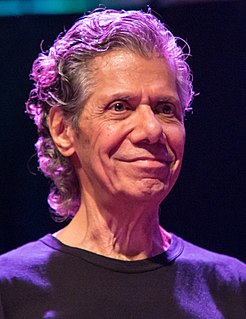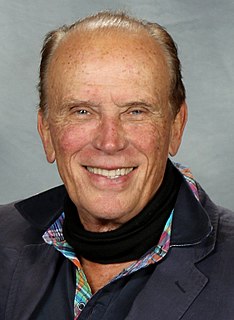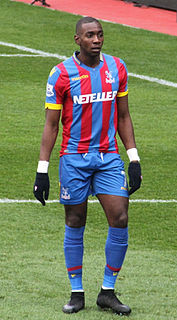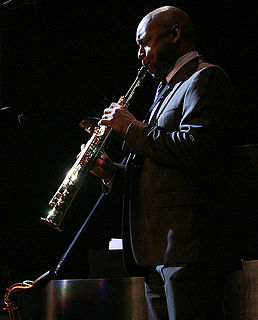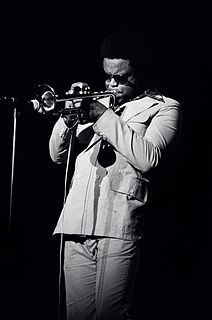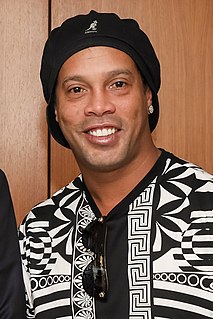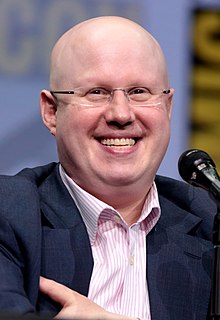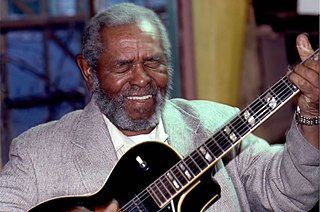A Quote by John Coltrane
I first met Miles Davis about 1947 and played a few jobs with him and Sonny Rollins at the Audubon Ballroom in Manhattan. During this period, he was coming into his own, and I could see him extending the boundaries of jazz even further.
Related Quotes
Miles Davis, my one and only real hero of my life. I met him [because] every time I had a movie interview, I would shift the conversation to jazz. Miles, when I finally met him, he knew he had a sucker walking in the door. Because his people told him, “This guy plays the trumpet and every freakin’ interview he has ever given, he’s talked about you.”
The next film I have is called Miles Ahead, which is about Miles Davis, during a five-year period in his life during which he's struggling to figure out which direction to go musically and in his life. I play a record executive who's there to try to get Miles to collaborate with one of my clients. I'm excited to see that.
Seth Rollins was just leaving Ring Of Honor when I was coming in, so I've heard him say very nice things about me in interviews and stuff. I always say nice things about him because of that respect I have for him. I watched him when I was working the independents while he was wrestling at Ring Of Honor, and I used to be blown away by his work then.
My favourite song of Elton's is... it's a tricky one for me. I'm a proper fan and I've probably seen him in concert about a dozen times before I even met him. Mona Lisas and Mad Hatters, which isn't in this film... but whenever I see him, I always tell him that Passengers is my favourite song because it's one of his least auspicious ones.
If he looked into her face, he would see those haunted, loving eyes. The hauntedness would irritate him - the love would move him to fury. How dare she love him? Hadn't she any sense at all? What was he supposed to do about that? Return it? How? What could his calloused hands produce to make her smile? What of his knowledge of the world and of life could be useful to her? What could his heavy arms and befuddled brain accomplish that would earn him his own respect, that would in turn allow him to accept her love?
Miles Davis had been in retirement for five or six years and he was coming out of retirement and he was looking for young guys. Somebody gave him my name and he called me and said, "Can you show up at Columbia Studios in two hours?" I'm like, "Whoa, is this the real Miles Davis?" He's like, "Yeah." So I showed up and yeah, it was intimidating, but music is so important to me that the intimidation was all before the notes started.
We had a great connection with Pedro Almodovar from the beginning. Even before I met him, it was so strange. I felt like I already knew him. I loved him even before I met him. It was so powerful. And when I looked at him in the eyes, this was the feeling that I knew I was going to have with him. It gets bigger and bigger every day. I adore him. It's much more than working together. He's a really special person in my life.

